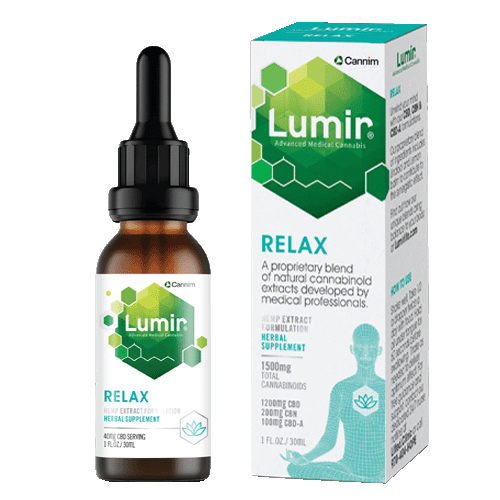Botanicals
Rosemary

Botanicals

Lumir CBD with Rosemary
Aroma
Potential Therapeutic Benefits
Historical Usage
Culinary Use
Rosemary is a versatile herb commonly used in culinary applications. Its distinct aroma and flavor make it a popular choice in various dishes. Its culinary versatility and aromatic properties have made rosemary a beloved herb in kitchens around the world.
Skin Care
Rosemary was applied topically for various purposes. It was used in skincare to help cleanse, tone, and rejuvenate the skin. Rosemary-infused oils or preparations were also used to relieve muscle pain, joint stiffness, and minor aches.
Respiratory Support
Rosemary was historically used to support respiratory health. It was believed to help relieve congestion, coughs, and respiratory infections..
Hair & Scalp Health
Rosemary has been used in hair care. It was believed to stimulate hair growth, strengthen hair follicles, and improve scalp health. Rosemary-infused preparations were used to promote healthier and shinier hair.
Cognitive Support
Rosemary has been traditionally revered for its ability to enhance memory and concentration. Its compounds are believed to have a positive impact on cognitive function and offer protection against age-related cognitive decline. Rosemary has been historically employed to sharpen memory, heighten concentration, and promote mental clarity.
Digestive Support
Rosemary is believed to stimulate the production of digestive enzymes, thereby aiding in the digestion process and promoting optimal gut health. Throughout history, rosemary has been valued for its potential to enhance digestion, alleviate indigestion & ease gastrointestinal discomfort.
Rosemary & CBD
Rosemary (Rosmarinus officinalis) is a popular herb with a distinct aroma and flavor, widely used in cooking and traditional medicine. It has been recognized for its potential cognitive-enhancing properties, such as improving memory, increasing concentration, and promoting mental clarity. Rosemary has been used for centuries to treat various ailments, including headaches, digestive issues, and respiratory problems. When combined with CBD, rosemary’s potential benefits may be enhanced.
Another potential benefit of combining rosemary and CBD is their ability to reduce anxiety and stress. Rosemary has been shown to have a calming effect on the nervous system, which can help reduce anxiety and promote relaxation. CBD has also been shown to have anti-anxiety properties, which may make it an effective tool for managing stress and anxiety.
Overall, while more research is needed to fully understand the potential benefits of combining rosemary and CBD, the combination shows promise for reducing inflammation and managing anxiety and stress.
Sources
- Benefits Of Rosemary And Its Side Effects
- Rosemary Essential Oil
- Medical News Today, Everything you need to know about rosemary
- Healthline, 14 Benefits and Uses of Rosemary Essential Oil
- National Library of Medicine, Antioxidative and Anti-Inflammatory Properties of Cannabidiol
- National Library of Medicine, Effect of IV glyburide on adjudicated edema endpoints in the GAMES-RP Trial
- National Library of Medicine, Plasma 1,8-cineole correlates with cognitive performance following exposure to rosemary essential oil aroma
- National Library of Medicine, Immune Responses Regulated by Cannabidiol
Safety considerations
It’s important to exercise caution when using rosemary, as it may interact with certain medications and cause mild side effects in some individuals. If you’re considering using rosemary CBD products, it’s recommended to consult with a healthcare professional, especially if you have underlying health conditions or are taking medications. They can provide personalized advice, help determine the appropriate dosage and usage for your specific needs, and ensure any potential interactions or risks are taken into consideration,
It’s worth mentioning that the historical uses of rosemary are based on traditional knowledge and practices. While rosemary has been recognized for its potential therapeutic properties, it’s always advisable to consult with a healthcare professional or qualified practitioner for personalized guidance and appropriate use. They can help you make informed decisions based on your individual circumstances and health requirements.

